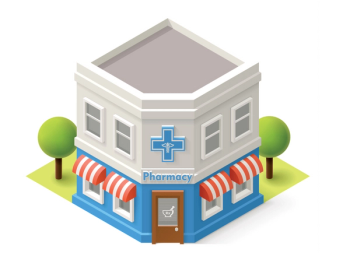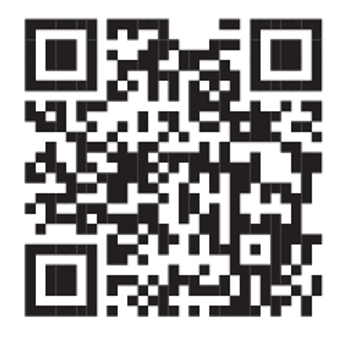
A controlled substances diversion prevention program (CSDPP) that aligns with the revised ASHP guidelines is critical to ensure patients are protected from occurrences of drug diversion.

A controlled substances diversion prevention program (CSDPP) that aligns with the revised ASHP guidelines is critical to ensure patients are protected from occurrences of drug diversion.

Technicians can also greatly assist managers with design considerations and with monitoring the success in appointment-based model med sync programs.

New tools and technology applications proliferate as multiple, industrywide shifts take hold in pharmacy.

It is important that our national and even state and local professional pharmacy organizations are coming together as a voice for the profession.

Richard T. Maziarz, MD, and a team of investigators assessed average medical costs of allo-HCT throughout a patient’s lifetime and the net monetary savings and value associated with reducing complications.

Larger corporations might consider holding some sort of financial literacy training for pharmacy employees.

Proper accounting systems and mechanisms assist not only in daily decision-making but in operations control and risk management.

As a new year approaches, pharmacists have so much to look back on and be grateful for, and a world of opportunity in front of them. Here are a few things to be ready for right away in 2023.

Collaboration can manifest as referrals, joint community outreach, and networking.

Study results revealed a significant correlation between perceived quality of pharmacy structure, pharmacy engagement, and customer devotion.

Investing in adequate education and training of new employees up front can save a considerable amount of time and money on the back end.

Patient-related factors and external support are influential in vulnerable patients' medication adherence.

If pharmacists increasingly take up the prescribing mantle, then they must see to their competence to exercise that authority.

Heidi D. Finnes, PharmD, BCOP, FHOPA, president of HOPA discusses some key recommendations to women interested in pursuing leadership roles in oncology pharmacy.

Deciding what goods to sell and how to arrange them will dictate the patient’s interactivity and experience.

Michael Barr, MD, MBA, MACP, FRCP, discusses the importance of physicians and pharmacists sharing skills to increase positive patient outcomes.

QR codes are currently used in various health care settings, such as in hospitals for patient verification, but more recently for health care-related education.

Dispensing naloxone provides an example of how small changes can make a significant difference.

With a trained representative focused on building relationships with prescribers in the community, pharmacies have the opportunity to significantly expand how they do business.

Through gamification and food-focused activities, pharmacists can incentivize patient engagement in these services, even if offered outside the pharmacy.

As pharmacy conglomerates race toward controlling patient journey, community pharmacist role remains murky.

Motivational interviewing is an evidence-based method of communicating with patients who are ambivalent or resistant to change for the sake of their health.

The value proposition for point-of-care testing in the pharmacy is extensive, as pharmacies can provide a convenient, accessible, and cost-saving alternative for patients.

With a simple intervention, pharmacists came off as compassionate and caring while their efficacy in treating patients improved.

Effective use of clinical reasoning might indeed be one of the major driving forces behind practice change toward more patient-centric care.